Find Help
More Items From Ergsy search
-
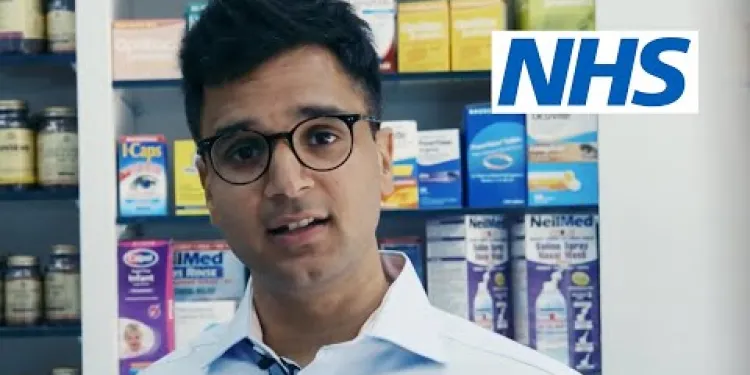
Common health questions about chickenpox | NHS
Relevance: 100%
-
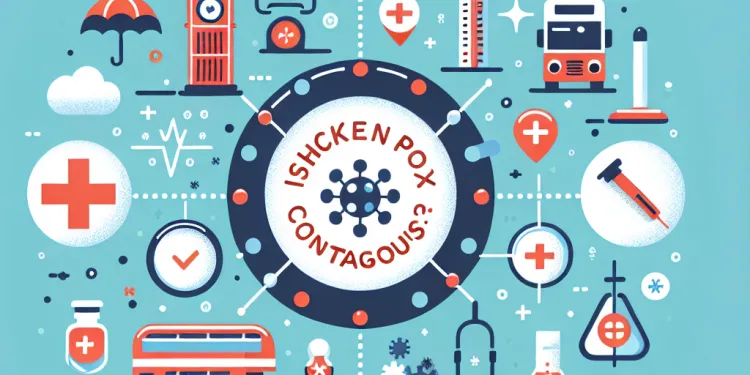
Is chickenpox contagious?
Relevance: 64%
-
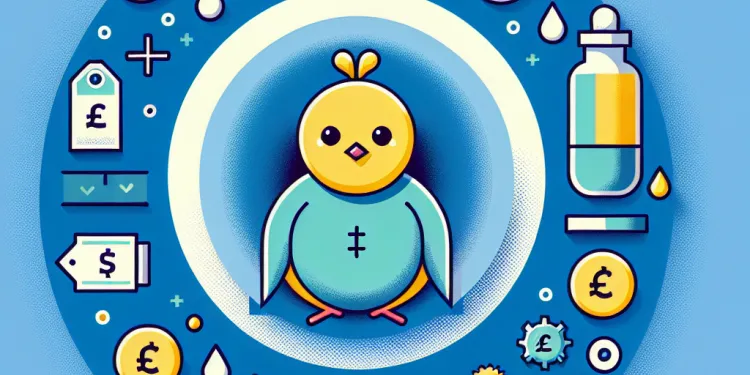
What is Chickenpox?
Relevance: 64%
-

Can chickenpox be prevented?
Relevance: 64%
-
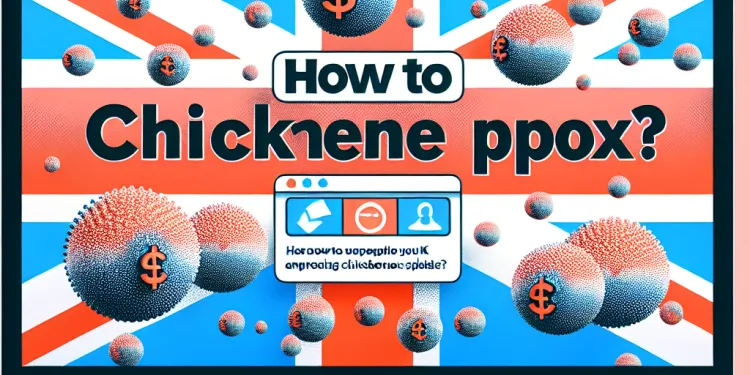
How is chickenpox spread?
Relevance: 62%
-

What is the treatment for chickenpox?
Relevance: 61%
-
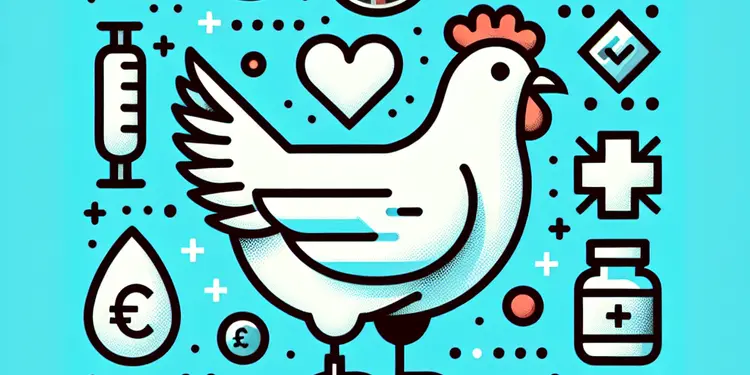
Should I get the chickenpox vaccine?
Relevance: 61%
-

What are the complications of chickenpox?
Relevance: 61%
-
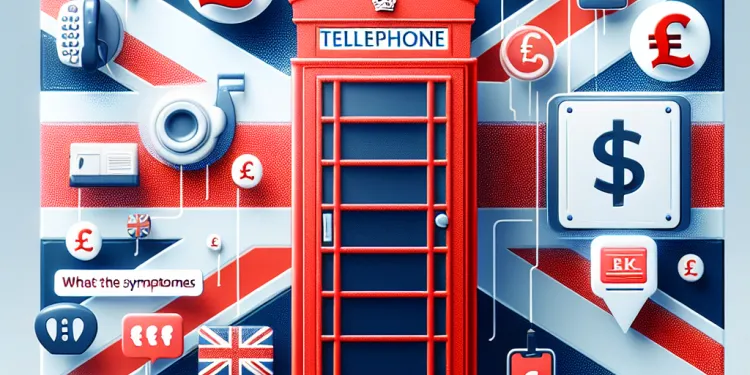
What are the symptoms of chickenpox?
Relevance: 61%
-

Are there home remedies for chickenpox?
Relevance: 59%
-

Can adults get chickenpox?
Relevance: 58%
-

Who should get the chickenpox vaccine?
Relevance: 58%
-

Can pregnant women get chickenpox?
Relevance: 57%
-

Can the shingles vaccine cause chickenpox?
Relevance: 56%
-
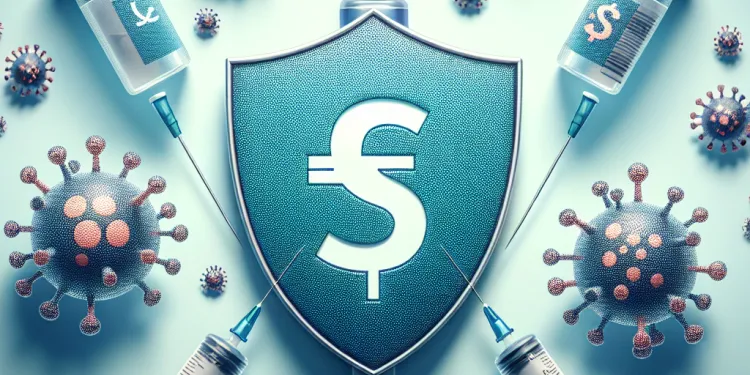
Can the shingles vaccine cause chickenpox?
Relevance: 56%
-

Is it safe to use aspirin to treat chickenpox symptoms?
Relevance: 56%
-

How long does chickenpox last?
Relevance: 56%
-
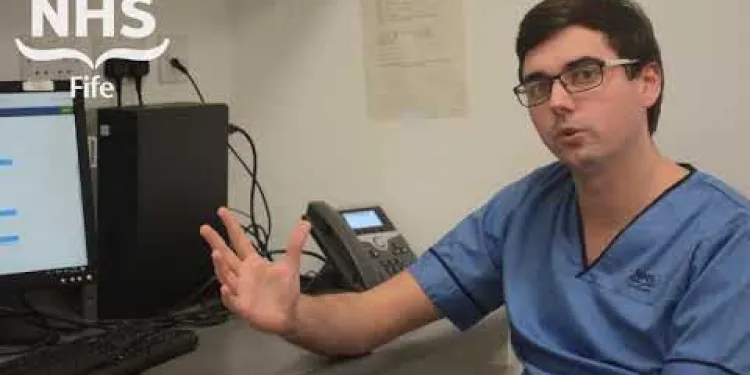
The Delirium Question on Patientrack
Relevance: 55%
-

Can you get chickenpox more than once?
Relevance: 54%
-
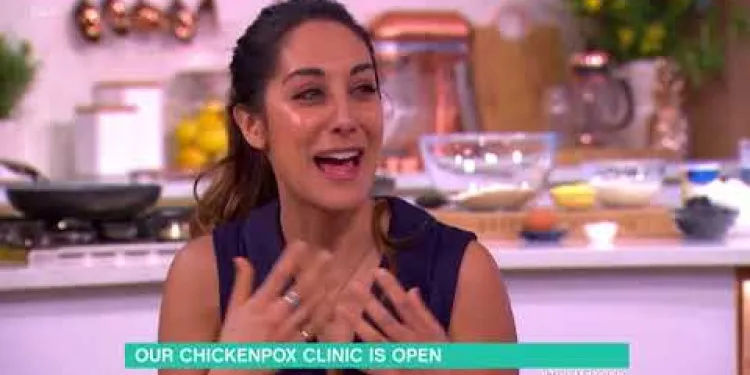
How to Keep a Child With Chickenpox Comfortable
Relevance: 54%
-

How many questions are there in the DVSA Theory Test?
Relevance: 43%
-
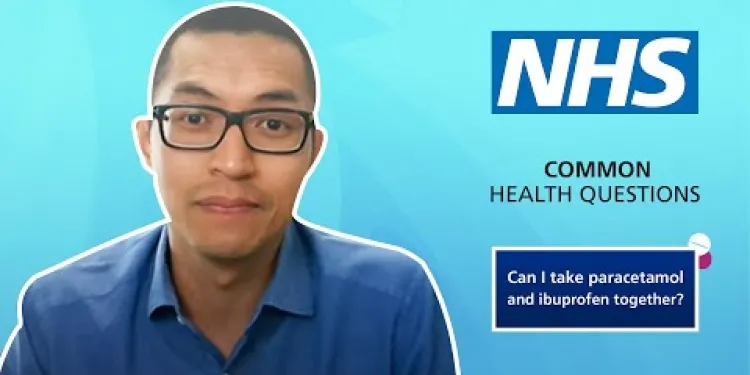
Can I take ibuprofen and paracetamol together? - Common Health Questions | NHS
Relevance: 40%
-

How long is the incubation period for chickenpox?
Relevance: 40%
-

What should customers do if they have further questions about refunds?
Relevance: 39%
-

How can I contact USCIS if I have specific questions regarding my case?
Relevance: 32%
-

Top 5 questions about having a general anaesthetic
Relevance: 32%
-

Who should I contact for questions about surgery waiting times?
Relevance: 31%
-

Can I install my own camera to monitor the area in question?
Relevance: 31%
-

Is shingles contagious?
Relevance: 30%
-

What questions should I ask a potential pension advisor?
Relevance: 30%
-

Who is at risk of developing shingles?
Relevance: 29%
-

Harshi’s learning disability annual health check and health action plan
Relevance: 28%
-

What causes shingles?
Relevance: 28%
-

Frequently asked questions about redundancy from ACAS
Relevance: 28%
-

Is shingles contagious?
Relevance: 27%
-

Can shingles be prevented?
Relevance: 26%
-

What is gut health?
Relevance: 25%
-
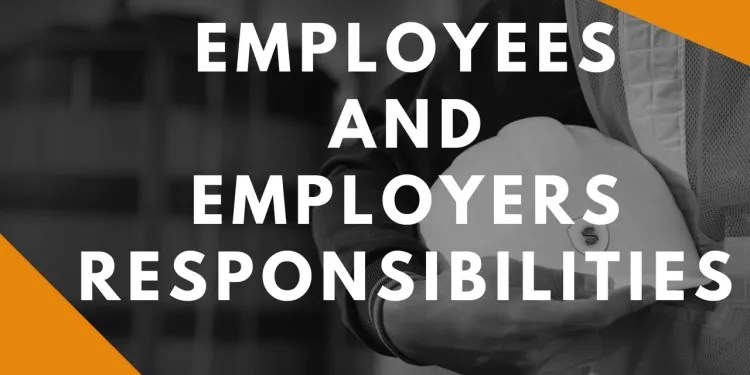
Health and safety responsibilities
Relevance: 25%
-

Can gut health affect mental health as one ages?
Relevance: 25%
-

Is health linked to aging?
Relevance: 25%
Common Health Questions About Chickenpox | NHS
What is Chickenpox?
Chickenpox, known medically as varicella, is a highly contagious viral infection that primarily affects children but can occur at any age. It is caused by the varicella-zoster virus and is characterized by a distinctive red, itchy rash that forms small, fluid-filled blisters. Although the illness is generally mild in children, it can be more severe in adults and those with weakened immune systems.
What are the Symptoms of Chickenpox?
The initial symptoms of chickenpox often include fever, fatigue, and a general feeling of being unwell (malaise). Following these early symptoms, the characteristic rash develops, typically starting on the face, chest, and back before spreading to other parts of the body. The rash progresses from red spots to itchy blisters that eventually burst and form crusts. The entire illness usually lasts around 5 to 10 days.
Is Chickenpox Dangerous?
For most healthy children, chickenpox is a mild illness that resolves without complications. However, certain groups, such as newborns, pregnant women, adults, and individuals with weakened immune systems, are at higher risk of developing severe complications. These can include bacterial infections of the skin, pneumonia, and encephalitis (inflammation of the brain).
How is Chickenpox Spread?
Chickenpox spreads easily from person to person through direct contact with the rash or through respiratory droplets when an infected person coughs or sneezes. It can also be spread by touching contaminated surfaces and then touching one’s mouth or nose. People with chickenpox are contagious from about two days before the rash appears until all the blisters have crusted over.
How Can Chickenpox Be Prevented?
Vaccination is the most effective way to prevent chickenpox. The NHS offers the chickenpox vaccine primarily to those who are in close contact with people at high risk of severe disease. Good hygiene practices, such as regular handwashing and avoiding close contact with infected individuals, also help reduce the spread of the virus. Additionally, people with chickenpox should stay home from school or work until they are no longer contagious.
How is Chickenpox Treated?
Treatment for chickenpox focuses on relieving symptoms. Over-the-counter medications, such as paracetamol, can reduce fever and pain. Avoid giving aspirin to children with chickenpox, as it can lead to a rare but serious condition called Reye's syndrome. Calamine lotion and antihistamines can help alleviate the itching. In severe cases, antiviral medications may be prescribed. It is also important to keep fingernails short to minimize skin damage from scratching and to keep the skin clean to prevent secondary infections.
Common Health Questions About Chickenpox | NHS
What is Chickenpox?
Chickenpox is an illness that makes you feel sick. It usually happens to children, but adults can get it too. A virus called the varicella-zoster virus causes chickenpox. It makes a red, itchy rash with small blisters. Children usually don't feel too bad, but adults and people who are already sick might feel worse.
What are the Symptoms of Chickenpox?
You might first get a fever and feel really tired. You might also feel like you are coming down with a cold. After that, a rash appears. The rash starts on your face, chest, and back. Then it spreads to other parts of your body. The rash starts as red spots. These spots turn into itchy blisters that can burst and dry up. You can feel sick for 5 to 10 days.
Is Chickenpox Dangerous?
For most healthy kids, chickenpox is not too serious. But for babies, pregnant women, grown-ups, and people who are already sick, it can be more serious. They might get skin infections, lung infections (pneumonia), or brain swelling (encephalitis).
How is Chickenpox Spread?
Chickenpox spreads easily. You can catch it if you touch someone with the rash or breathe air when they cough or sneeze. You can also get it by touching things the sick person has touched and then touching your mouth or nose. People with chickenpox can spread it two days before they get the rash and until all their blisters dry up.
How Can Chickenpox Be Prevented?
The best way to avoid chickenpox is to get the vaccine. The NHS gives the vaccine to people who are around others who could get very sick from chickenpox. Good habits like washing your hands and staying away from sick people can help too. If you have chickenpox, stay at home so you don't spread it to others.
How is Chickenpox Treated?
To feel better when you have chickenpox, you can take medicine to lower fever, like paracetamol. Never give aspirin to children with chickenpox because it can be very dangerous. Using calamine lotion and medicine for allergies (antihistamines) can stop the itching. Doctors might give special medicine if it's very bad. Keep your nails short so you don't scratch too hard. It's also important to keep your skin clean to stop infections.
Frequently Asked Questions
What is chickenpox?
Chickenpox is a common infectious disease caused by the varicella-zoster virus. It is characterized by an itchy rash with small, red spots and blisters.
How is chickenpox spread?
Chickenpox is highly contagious and spreads through close contact with an infected person, through respiratory droplets, or from direct contact with the fluid from the blisters.
What are the symptoms of chickenpox?
Symptoms include an itchy rash with red spots and blisters, fever, tiredness, loss of appetite, and headache.
Is chickenpox serious?
For most people, chickenpox is not serious, but it can cause complications such as bacterial infections of the skin, pneumonia, and encephalitis, especially in babies, pregnant women, and people with weakened immune systems.
How is chickenpox diagnosed?
Chickenpox is usually diagnosed based on the characteristic rash and symptoms. In some cases, a healthcare professional may take a sample from a blister for testing.
How long does chickenpox last?
Chickenpox typically lasts about 7 to 10 days from the onset of the rash until the blisters have crusted over and scabbed.
Can you get chickenpox more than once?
Most people only get chickenpox once and then become immune. However, the varicella-zoster virus remains in your body and can reactivate later in life as shingles.
How can chickenpox be treated?
Treatment focuses on relieving symptoms. This may include using paracetamol for fever, calamine lotion or cooling gels for itching, and antiviral medications in severe cases.
When should I seek medical advice for chickenpox?
Seek medical advice if the person with chickenpox has trouble breathing, has a fever lasting more than 48 hours, develops severe pain, or if they belong to an at-risk group such as newborns, pregnant women, or people with weakened immune systems.
Can chickenpox be prevented?
Yes, chickenpox can be prevented with the varicella vaccine. It is not routinely given in the UK but may be recommended for certain high-risk groups.
Is there a vaccine for chickenpox in the UK?
Yes, there is a vaccine for chickenpox available, but it is not part of the routine childhood vaccination schedule in the UK. It is given to certain high-risk individuals and healthcare workers who are not immune.
How should I care for someone with chickenpox?
To care for someone with chickenpox, ensure they stay hydrated, manage their fever and itching, keep their nails short to prevent scratching, and keep them isolated to prevent the spread of the virus.
Can pregnant women get chickenpox?
Yes, pregnant women can get chickenpox, and it can be serious for both the mother and the unborn baby. If you are pregnant and exposed to chickenpox, seek medical advice immediately.
What should I do if I suspect my child has chickenpox?
If you suspect your child has chickenpox, consult with your GP for advice on managing symptoms and confirm the diagnosis. Keep them home from school or nursery to prevent spreading the infection.
Can chickenpox cause complications?
Yes, while most cases are mild, chickenpox can cause complications like bacterial skin infections, pneumonia, and encephalitis, particularly in at-risk groups such as newborns, pregnant women, and people with weakened immune systems.
What is chickenpox?
Chickenpox is a kind of sickness. It makes you get red spots on your skin. These spots are called "chickenpox spots." They can be itchy and uncomfortable.
Chickenpox is caused by a virus. The virus can spread easily, so you can catch it from other people who have chickenpox.
If you get chickenpox, you should rest and stay at home until you feel better.
Ask an adult for help if you think you have chickenpox. They can take you to see a doctor.
Using pictures and videos can help you understand chickenpox better.
Chickenpox is a sickness that you can catch from germs called the varicella-zoster virus. It gives you a red, bumpy rash that is very itchy. The rash looks like little red spots and blisters.
How does chickenpox spread?
Chickenpox is a sickness that makes you feel itchy and tired. It spreads very easily from person to person.
This is how chickenpox spreads:
- If someone with chickenpox coughs or sneezes, the germs can get into the air. You might breathe in these germs and catch chickenpox.
- If you touch the spots or blisters on someone with chickenpox, you can get it too.
To stay safe from chickenpox, you can:
- Wash your hands often.
- Stay away from people who are sick.
- Get the chickenpox vaccine. This is a special medicine that helps protect you.
If you feel sick or itchy, tell a grown-up so they can help you feel better.
Chickenpox can spread easily. You can catch it if you are near someone who has it. You can also get it if they cough or sneeze on you, or if you touch the liquid from their spots.
What happens when you have chickenpox?
Chickenpox is a sickness that makes you feel unwell. Here is what to look for:
- Red spots that can be itchy.
- The spots might turn into blisters.
- You may get a fever and feel tired.
If you think you have chickenpox, tell a grown-up. They can help you get better.
Tools to help:
- Talk to a doctor or nurse for advice.
- Use a cool cloth to help with the itch.
- Rest and drink lots of water.
You might have:
- An itchy rash with red spots and blisters
- A fever (feeling very hot)
- Tiredness (feeling very sleepy)
- No hunger (not wanting to eat)
- A headache (your head hurts)
Here are some things that can help:
- Ask an adult for help.
- Use a cold, damp cloth on your head.
- Rest a lot.
- Drink water.
- See a doctor if you do not feel better.
Is chickenpox serious?
Chickenpox is an illness that gives you itchy spots. Most kids get better quickly. Some people can feel very sick.
If you have chickenpox:
- Get lots of rest.
- Drink water or juice.
- Ask an adult for medicine if you feel bad.
- Try not to scratch the spots.
If you feel very sick, ask an adult to call a doctor.
Chickenpox usually isn't dangerous. But sometimes it can cause problems like skin infections, lung infections, and brain swelling. This is more likely to happen to babies, women having a baby, and people who get sick easily.
How do doctors know if somebody has chickenpox?
Doctors can tell if someone has chickenpox by looking for spots or blisters on the skin. They might ask questions about symptoms like fever or itchiness. Sometimes, doctors will look at the spots and know right away. Other times, they might do a simple test to be sure.
If you have trouble reading, you can ask someone to read with you. You can also use audiobooks or text-to-speech tools to help. Ask your teacher or helper to explain anything you find hard to understand.
Doctors can tell if you have chickenpox because of the spots and how you feel. Sometimes, a doctor might take a bit of the blister to test it.
How long does chickenpox last?
Chickenpox is a sickness that gives you red, itchy spots. It usually lasts about 1 to 2 weeks.
Here are some ways to feel better:
- Rest a lot.
- Drink plenty of water.
- Don't scratch the spots.
Chickenpox usually lasts 7 to 10 days. This is from when the rash starts until the blisters dry up and form scabs.
Can you get chickenpox more than one time?
Most people only get chickenpox one time. It is very rare to get it again.
If you want to learn more about chickenpox, you can:
- Talk to a doctor or nurse.
- Look at pictures and videos about chickenpox.
- Ask an adult to help you find easy-to-read information online.
Most people get chickenpox only one time. After that, they cannot get it again. But the same virus stays in your body. It can wake up and cause a different illness called shingles when you are older.
How can you help someone with chickenpox?
Chickenpox gives you an itchy rash and spots. Here are some ways you can help:
- Stay cool: Wear loose clothes to stay comfy.
- Don’t scratch: Try not to scratch the spots. Scratching can make them hurt more.
- Use lotion: Ask an adult to help you put lotion on the spots. This can help stop the itching.
- Rest: Get lots of sleep to help your body get better.
- Drink water: Drink lots of water and juice.
Tell an adult if you feel really sick or if the spots hurt a lot. They can call a doctor if you need more help.
When you are sick, the doctor wants to make you feel better. They can give you:
- Paracetamol if you have a fever. It helps bring your fever down.
- Calamine lotion or cooling gels if you are itchy. They help stop the itching.
- Special medicine if you are very sick. This medicine fights the virus.
When should I see a doctor for chickenpox?
If you have chickenpox, sometimes you need to see a doctor. Here are times when you should go to the doctor:
- If you have trouble breathing or a bad cough.
- If the spots from the chickenpox turn very red, sore, or leak pus.
- If you feel very sleepy or confused.
- If you cannot eat or drink enough.
- If you have other health problems, like a weak immune system.
To help remember, you can use pictures or make a simple checklist.
Go to the doctor if the person with chickenpox is having a hard time breathing, has a fever for more than two days, feels really bad pain, or if they are a baby, pregnant, or have a weak body that gets sick easily.
Can we stop people from getting chickenpox?
You can stop chickenpox if you get a special shot called the varicella vaccine. In the UK, not everyone gets this shot. But some people who are more likely to get sick might be told to have it.
Can you get a chickenpox vaccine in the UK?
Yes, you can get a vaccine for chickenpox in the UK. A vaccine is a special medicine that can help stop you from getting sick.
To learn more or get the vaccine, you can talk to your doctor. They can give you more details.
If reading is hard, ask someone you trust to help you understand this text.
Yes, there is a vaccine to stop chickenpox. But, in the UK, not all children get it as a regular part of their vaccines. Some people who need it most, like healthcare workers or certain people who might get very sick from chickenpox, do get the vaccine.
How can I take care of someone with chickenpox?
Here are some easy ways to help:
- Make sure they rest a lot.
- Give them plenty of water and drinks.
- Help them not to scratch the spots. Scratching can make spots worse.
- You can use a cool, wet cloth to help with itching.
- Talk to a doctor or nurse. They can tell you about medicine to help the itching.
- Keep them away from other people who haven't had chickenpox, especially babies and pregnant women.
These tips can make them feel better. If you need help, ask a doctor.
When taking care of someone with chickenpox, make sure they drink lots of water, help them keep their fever and itching under control, keep their nails short so they don't scratch much, and keep them away from others so they don't spread the virus.
Can a pregnant woman get chickenpox?
Yes, a pregnant woman can get chickenpox. It's important to be careful because chickenpox can make both the mother and the baby sick. If you are pregnant and think you have chickenpox, talk to a doctor right away.
Here are some ways that can help:
- Ask a doctor for advice.
- Rest and drink lots of water.
- Use cooling lotion to help with the itch.
Yes, pregnant women can get chickenpox. It can be bad for both the mom and the baby inside her. If you are pregnant and near someone who has chickenpox, talk to a doctor right away.
What to Do if You Think Your Child Has Chickenpox
If you think your child has chickenpox, don't worry. Here are some simple steps you can follow:
1. Look at your child's skin. Do they have red spots or blisters? These might be chickenpox.
2. Try to keep your child at home. This stops chickenpox from spreading to other people.
3. Call your doctor or nurse. They can tell you what to do next and how to look after your child.
4. Make sure your child drinks lots of water. This helps them feel better.
5. Use calamine lotion if your child is itchy. This can help their skin feel better.
6. Help your child rest. Sleep is important for getting better.
You can use pictures or videos to help explain chickenpox to your child. Ask your doctor for more advice. They can help you understand what to do.
If you think your child has chickenpox, talk to your doctor. They can help you understand the symptoms and find out for sure if it is chickenpox. Keep your child at home from school or nursery until they are better. This stops other people from catching it.
Can chickenpox cause problems?
Yes, sometimes chickenpox can cause other problems.
Most people get better without any issues, but some might get sick again.
If you are worried, talk to a doctor or nurse.
They can help you understand and feel better.
Yes, chickenpox is usually not too serious. But sometimes it can cause problems like skin infections, lung infections, and brain swelling. Newborn babies, pregnant women, and people who are already sick can have more trouble with chickenpox.
Useful Links
Have you found an error, or do you have a link or some information you would like to share? Please let us know using the form below.
-->
This website offers general information and is not a substitute for professional advice.
Always seek guidance from qualified professionals.
If you have any medical concerns or need urgent help, contact a healthcare professional or emergency services immediately.
Some of this content was generated with AI assistance. We’ve done our best to keep it accurate, helpful, and human-friendly.
- Ergsy carfully checks the information in the videos we provide here.
- Videos shown by Youtube after a video has completed, have NOT been reviewed by ERGSY.
- To view, click the arrow in centre of video.
- Most of the videos you find here will have subtitles and/or closed captions available.
- You may need to turn these on, and choose your preferred language.
- Go to the video you'd like to watch.
- If closed captions (CC) are available, settings will be visible on the bottom right of the video player.
- To turn on Captions, click settings .
- To turn off Captions, click settings again.
More Items From Ergsy search
-

Common health questions about chickenpox | NHS
Relevance: 100%
-

Is chickenpox contagious?
Relevance: 64%
-

What is Chickenpox?
Relevance: 64%
-

Can chickenpox be prevented?
Relevance: 64%
-

How is chickenpox spread?
Relevance: 62%
-

What is the treatment for chickenpox?
Relevance: 61%
-

Should I get the chickenpox vaccine?
Relevance: 61%
-

What are the complications of chickenpox?
Relevance: 61%
-

What are the symptoms of chickenpox?
Relevance: 61%
-

Are there home remedies for chickenpox?
Relevance: 59%
-

Can adults get chickenpox?
Relevance: 58%
-

Who should get the chickenpox vaccine?
Relevance: 58%
-

Can pregnant women get chickenpox?
Relevance: 57%
-

Can the shingles vaccine cause chickenpox?
Relevance: 56%
-

Can the shingles vaccine cause chickenpox?
Relevance: 56%
-

Is it safe to use aspirin to treat chickenpox symptoms?
Relevance: 56%
-

How long does chickenpox last?
Relevance: 56%
-

The Delirium Question on Patientrack
Relevance: 55%
-

Can you get chickenpox more than once?
Relevance: 54%
-

How to Keep a Child With Chickenpox Comfortable
Relevance: 54%
-

How many questions are there in the DVSA Theory Test?
Relevance: 43%
-

Can I take ibuprofen and paracetamol together? - Common Health Questions | NHS
Relevance: 40%
-

How long is the incubation period for chickenpox?
Relevance: 40%
-

What should customers do if they have further questions about refunds?
Relevance: 39%
-

How can I contact USCIS if I have specific questions regarding my case?
Relevance: 32%
-

Top 5 questions about having a general anaesthetic
Relevance: 32%
-

Who should I contact for questions about surgery waiting times?
Relevance: 31%
-

Can I install my own camera to monitor the area in question?
Relevance: 31%
-

Is shingles contagious?
Relevance: 30%
-

What questions should I ask a potential pension advisor?
Relevance: 30%
-

Who is at risk of developing shingles?
Relevance: 29%
-

Harshi’s learning disability annual health check and health action plan
Relevance: 28%
-

What causes shingles?
Relevance: 28%
-

Frequently asked questions about redundancy from ACAS
Relevance: 28%
-

Is shingles contagious?
Relevance: 27%
-

Can shingles be prevented?
Relevance: 26%
-

What is gut health?
Relevance: 25%
-

Health and safety responsibilities
Relevance: 25%
-

Can gut health affect mental health as one ages?
Relevance: 25%
-

Is health linked to aging?
Relevance: 25%


